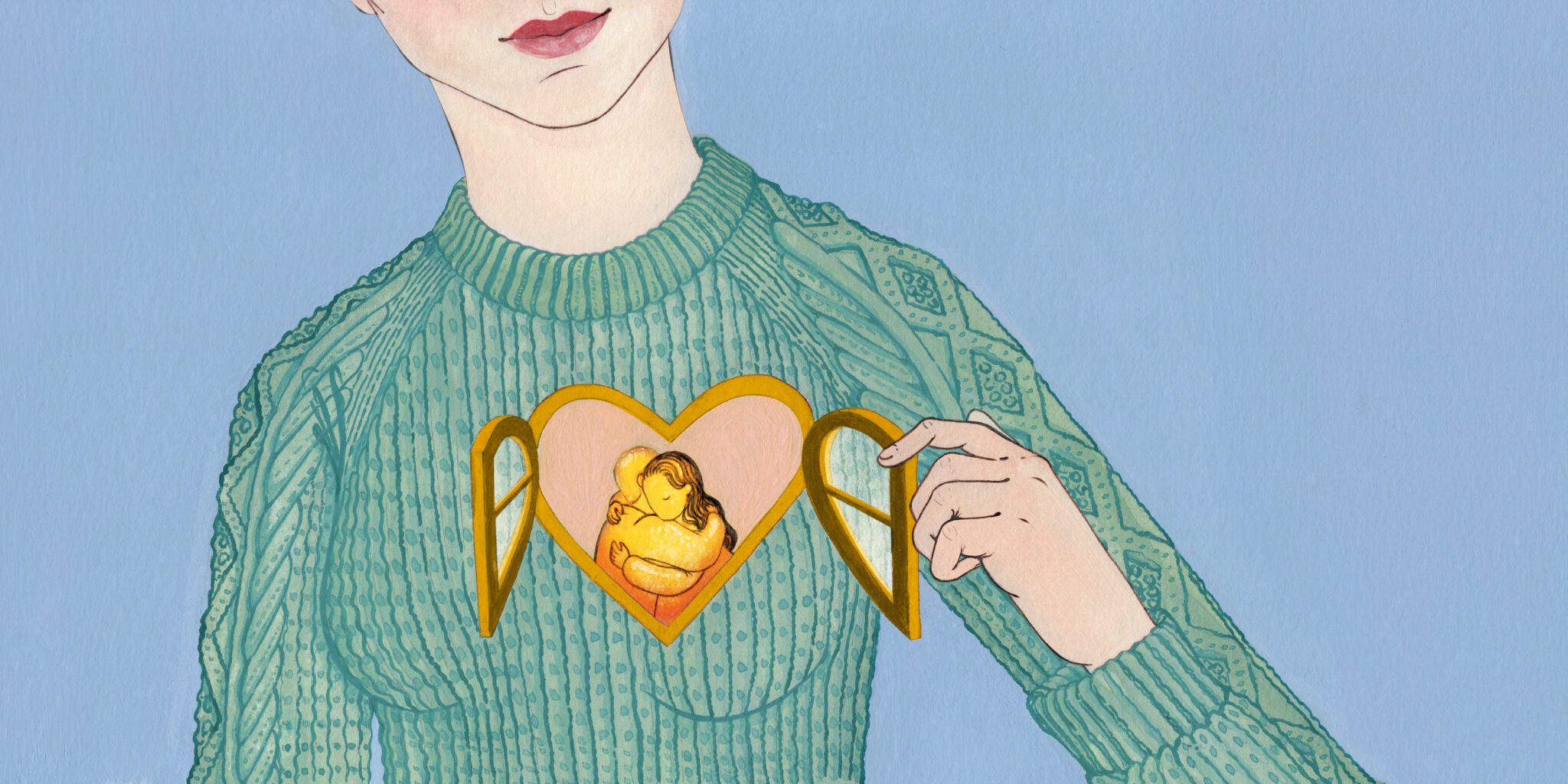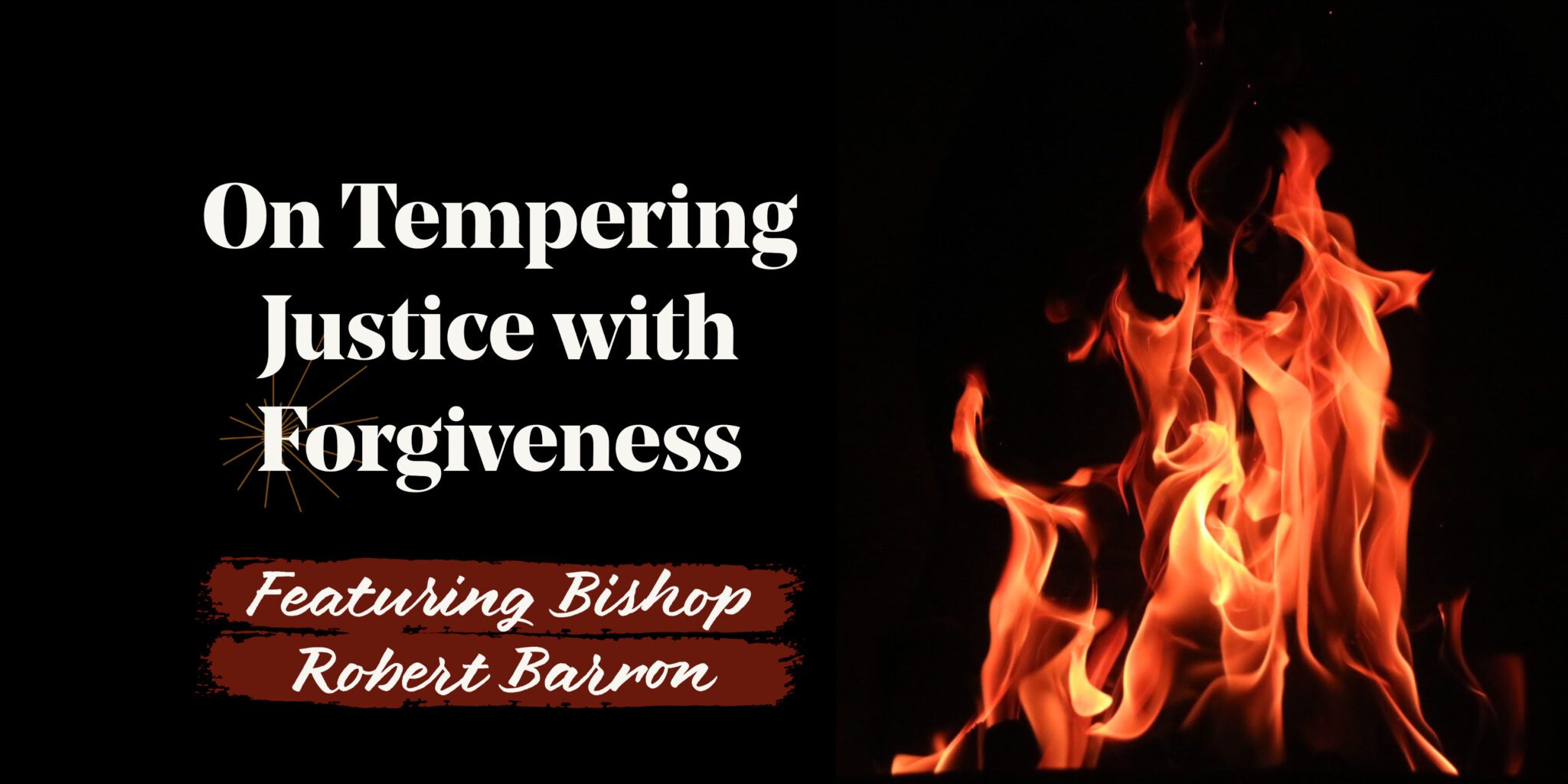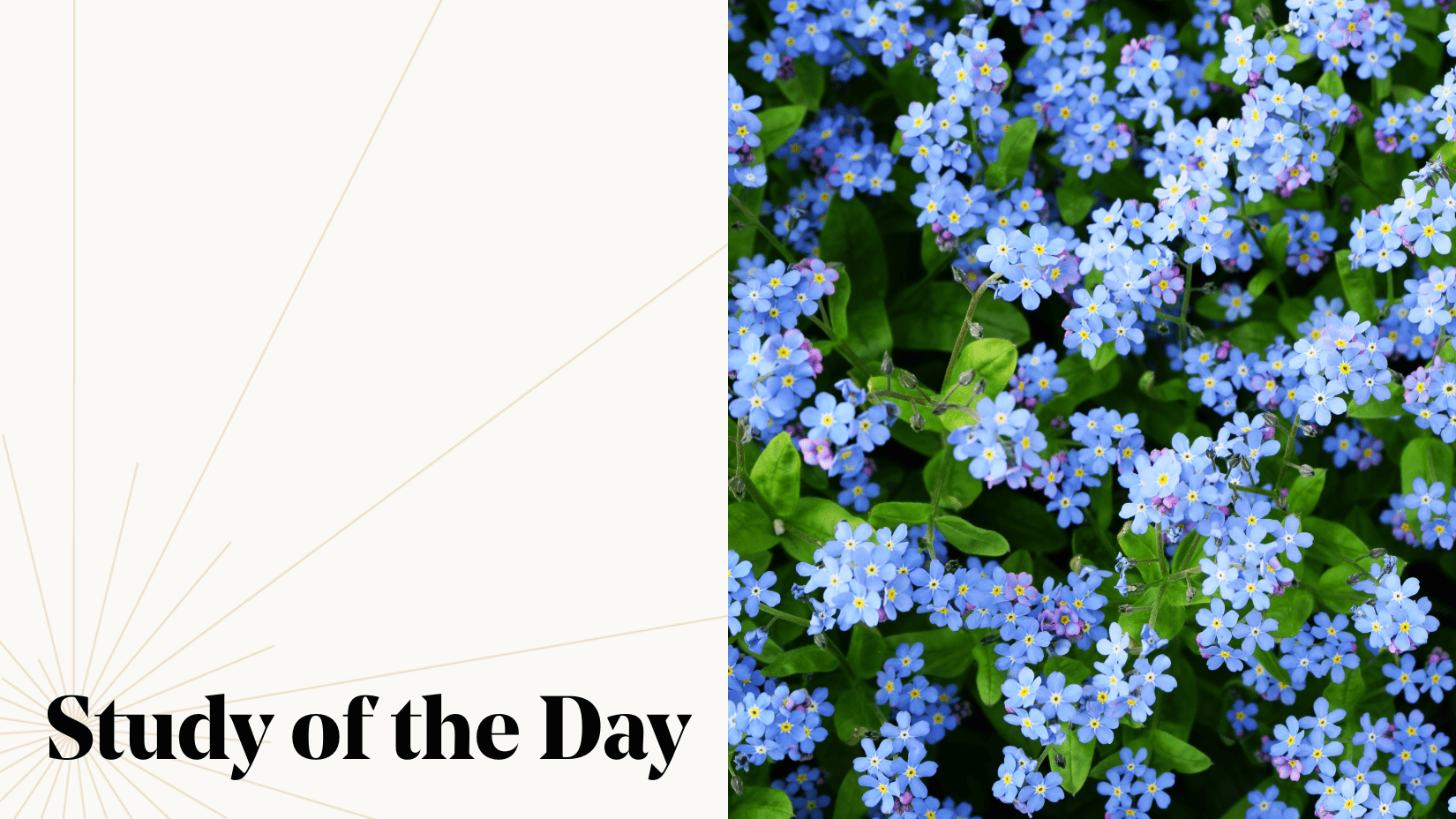Mathematical models show something deeply human: reputations—and cooperation—are more resilient when we resist “one strike and you’re out” judgment; a simple pause for forgiveness may be key to rebuilding trust in our communities.
“Look twice, forgive once” is the rule that emerges from Professor Joshua Plotkin’s research at the University of Pennsylvania, where he studies the mathematics of cooperation and the hidden rules that sustain social life. The idea is elegantly simple: when we give someone the benefit of a second act, cooperation has room to recover.
In the news cycle, single moments loom large, and the internet piles on before the facts are clear. A misunderstanding, a miscommunication, or even a bad day can upend a life, whether it’s a fan accused of grabbing a home run ball from a child or something more egregious.
How do we distinguish a one-off misstep from a pattern of harm that truly warrants judgment?
Dr. Plotkin explains in our interview below (lightly edited for length and clarity).
Dawson: What drew you to the study of mathematics of cooperation and reputation?
Plotkin: Well, I can’t say it wasn’t unrelated to contemporary events. I’ve been interested in evolution and the mathematics that describes evolution for almost my whole career. And that started with the evolution of organisms and even viruses. But I started to realize that evolutionary theory might have more to offer to everyday things like how people behave. I became increasingly fascinated with the idea that evolutionary theory and the mathematics of it can help us to understand social behavior.
Biologists, even Darwin, wondered in On the Origin of Species about what could explain cooperative behavior in nature, given the simplicity of survival of the fittest. What mechanisms do we have to coordinate our efforts?
Dawson: Looking across your work, is there a larger story it tells about human behavior and cooperation?
Plotkin: One message that has come out of this research has been the importance of coordination. A lot of problems of cooperation are often problems about coordination, where there can be a cycle of nefarious things happening in a population that leads people to not be cooperative. But had they only been able to have some consensus view of some issue, then they would’ve had a much easier time of it.
Somehow this problem of agreement and coordination, often about people’s reputations, is really important to overcome before cooperation can thrive. If people can just have some mechanism of consensus building, they don’t have to necessarily have the same feelings and agreement. But they have to, at least, have the same kind of information as each other, then we can begin to overcome problems of cooperation.
Dawson: Is “look twice, forgive once” universal, or does it emerge more strongly in particular societies?
Plotkin: We have not done field work, but “look twice, forgive once” is such a simple heuristic. I see someone defecting, so I think they’re bad, but I just give them a moment’s pause and look at it one more time, and provided they’re being cooperative again, then I’ll think they’re a good person. That’s such a simple idea. It’s not too much of a cognitive burden to implement it, so we can imagine it being old in the sense of evolutionary time and even kind of a heuristic that applies across different cultures.
Whereas some of the more sophisticated methods of judgment require so much more cognition and depend heavily on different social norms. There’s many other ways to get cooperation, but it’s likely to vary across cultures. Whereas “look twice, forgive once” is so simple: just be a little bit forgiving. So, it stands to reason it might be broader and more ancient.
Dawson: Why would forgiving a single slip, but not endlessly, be such an effective evolutionary strategy?
Plotkin: That’s a great question. Even in biblical texts there’s a tension between limitless forgiveness and limited forgiveness [he references concepts from Matthew 18:22 and Amos 1:3] Why not be endlessly forgiving? The answer is that if you’re endlessly forgiving, at least in these mathematical models, you end up thinking everyone is good, and such a population is open to invasion. It has a weakness, which is that it can be exploited by people who are defectors. They know that they will never end up being judged harshly. This, of course, is the main principle of deterrence.
Dawson: Considering today’s online culture wars, how might “look twice, forgive once” offer a corrective lens for how we judge others?
Plotkin: I have been thinking about this a lot. We were really thinking about online interactions—should we cancel someone for one bad act? We’re suggesting that at least one should be forgivable. So far, we haven’t dealt with the complexity that some transgressions are much worse than others. Maybe we wouldn’t even forgive one transgression in certain domains. But certainly, there’s already this notion in our studies that some amount of forgiveness is good and that absolutely draconian judgments are, in the end, bad for society.
Dawson: What is one practical way to practice “look twice, forgive once”?
Plotkin: Relevant to online interactions, one can make self-reminders to pause and think again, to think just one more time before online actions. Digital communication is so instantaneous and so easy for people to slip into snap judgments. Should I really say this one thing?
Dawson: How does “forgive but don’t forget” fit into your research? Does remembering a slip while still cooperating stabilize trust, or undermine true forgiveness?
Plotkin: Our research cuts against that. In our mathematical model, we allowed for the possibility that people might remember, maybe ten actions. The interesting thing we found is that having more and more information is not always better [for the whole population or for you individually]. It’s typically better to just remember a limited number of things. “Look twice, forgive once” isn’t just the tagline, it’s actually what happens. It really means that we’re saying, look twice, forgive once, and then start over.
Don’t remember the two. Forget at some point.
Dawson: You’ve noted that reputations are surprisingly resilient. What does that tell us about human social life?
Plotkin: You might think that somehow this would allow bad actors to escape judgment. But what we’re saying is that, in truth, the ability to be resilient is actually net beneficial for society. Giving people the benefit of the doubt once out of two times—yes, there will be the occasional bad actor who gets through that filter. However, given the positive benefits of actual forgiveness of erroneous actions, [overall] it goes in a way that is beneficial for society.
Dawson: This reminds me of a friend in Hollywood who is very good at what he does. He said a key to his success was forgiving people who’ve actually done him wrong. I was skeptical of that. And now, talking with you, I’m seeing it through a different lens.
Plotkin: It’s funny that you say that because I’ve thought about what this means for my own life. I have to say that even among scientists—there are lots of terrible scientists out there, and they do lots of terrible things to one another. I have colleagues who are generally pretty good, but they’ve also done some rotten things. And I’m sure I’ve done some rotten things, too. I really do agree with that sentiment that I know people who are super successful in their career because they somehow managed to get along with people who others just can’t stand, basically. And it’s as if they’ve really forgiven someone for the one deficit because they see some other benefit. And that has helped them personally in their career. Retrospectively they realized, I’ve really forgiven people.
Dawson: That person may have really done something awful to them, but they forgave it, and they moved on.
Plotkin: I know, and it sounds like, is that really the way we’re supposed to act? We forgive awful things? But yes, that’s what this analysis is telling us. It’s saying that society would, in the end, have overall higher welfare if people could just forgive, really forgive, one out of two times.
Alene Dawson is a Southern California-based writer known for her intelligent and popular features, cover stories, interviews, and award-winning publications. She’s a regular contributor to the LA Times.



